Red tape keeps firms tied to FOL
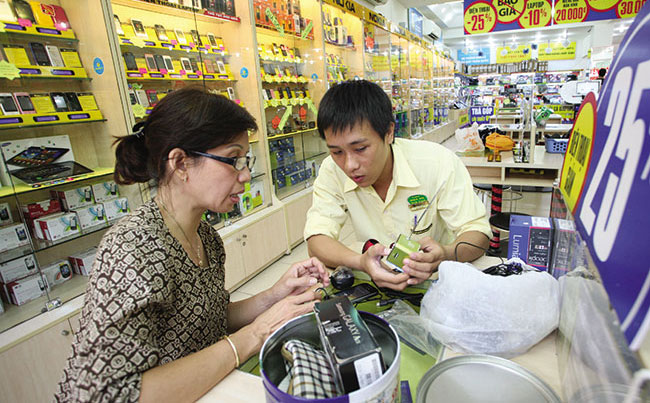
Raising their foreign ownership cap will expose local firms to the Economic Needs Test
The annual general meeting season of 2016 has drawn the attention of a large number of overseas investors, many of whom have been anticipating a rise in local listed firms’ foreign ownership limits (FOL). However, much to the chagrin of foreign firms, some domestic companies have rejected this plan or put it on the long finger during recent meetings. This is especially true for listed firms operating in the retail industry such as Phu Nhuan Jewellery (PNJ), FPT Corporation, and Mobile World.
According to Cao Thi Ngoc Dung, chairwoman and general director of PNJ, easing the foreign cap will create obstacles for the jewellery firm’s expansion of its retail network. Dung elaborated that if PNJ becomes a foreign-owned company, there will be greater restrictions on opening new stores due to the Economic Needs Test (ENT), thus hampering the firm’s growth.
The ENT, as part of Vietnam’s commitments in the World Trade Organization, states that foreign retail firms are freely allowed to establish a first outlet in Vietnam. All additional stores, however, are subject to the ENT, in which relevant Vietnamese authorities examine factors such as population density, area size and number of existing stores.
“A lot of overseas investors have indeed offered to buy dominant stakes in PNJ. In fact, our foreign ownership limit, which currently stands at 49 per cent, has already been filled up thanks to foreigners’ confidence in our business. Unfortunately, despite their keen interest, we can’t lift our cap yet as this will hinder the growth of our retail network,” Dung told shareholders at the firm’s annual meeting.
Likewise, chairman of Mobile World (MWG) Nguyen Duc Tai noted that becoming a foreign-owned retailer will limit MWG’s ability to open new stores. Compared to their domestic counterparts, foreign retailers often face the ENT, which means more paperwork, longer waiting periods, and other hassles when launching a store. As a result, Tai informed shareholders that until MWG develops a proper risk management plan, easing foreign limits will remain out of the question.
“When opening any new store, foreign-owned retailers must submit the ENT proposals to local authorities and wait for their assessment on whether the area needs another retail outlet, while domestic retailers don’t have to. Thus, unless MWG is treated as a domestic retailer after easing our foreign limit, we will keep our current cap,” said Tai. Similar to PNJ, MWG has already reached its 49-per cent foreign ownership limit, which reflects the electronics retailers’ appeal to overseas investors. In 2016, the firm aims to reach a 40 per cent market share in mobile phone sales, and then venture into the food and beverage sector.
MWG’s main competitor, FPT Corporation, has also delayed its plan to ease the foreign cap. Leaders of the corporation expressed a similar concern – that as a foreign retailer, opening new stores would subject it to more bureaucracy. However, FPT Corporation has recently decided to divest from FPT Trading and FPT Shop, its lucrative retail and distribution subsidiaries. This prompted speculations that FPT is seeking a merger and acquisition deal with foreign buyers for its retail business, rather than lifting the foreign limit of the entire corporation.
What the stars mean:
★ Poor ★ ★ Promising ★★★ Good ★★★★ Very good ★★★★★ Exceptional
Latest News
More News
- Bank transfers lead to rebranding phase (December 19, 2024 | 09:00)
- Ownership of financial groups comes to fore (December 18, 2024 | 11:34)
- AI will be a game-changer in banking and finance (December 18, 2024 | 10:00)
- F88 partners with MB to transform over 850 financial stores into bank offices (December 17, 2024 | 18:04)
- Obstacles to stock-market upgrade to be removed (December 17, 2024 | 11:29)
- Vietnam seizes opportunities amid global trade shifts (December 16, 2024 | 18:00)
- Long-term perspective remains optimal approach (December 16, 2024 | 14:26)
- Fiscal measures to be based on upcoming US status (December 16, 2024 | 10:09)
- PetroVietnam accelerates divestment from PVI (December 16, 2024 | 06:59)
- Techcombank proactive with ESG and sustainability (December 14, 2024 | 10:00)




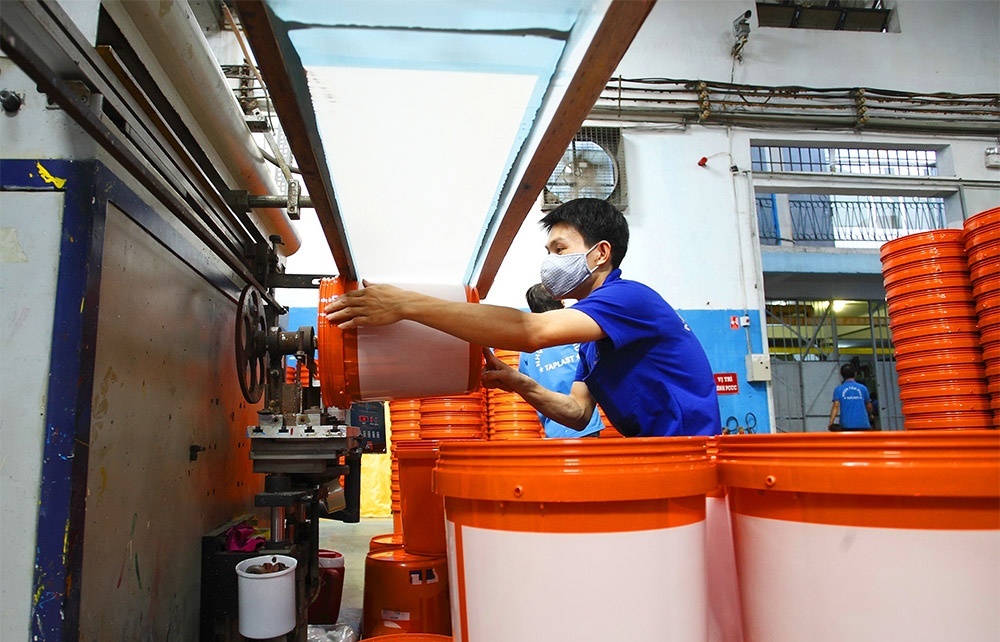
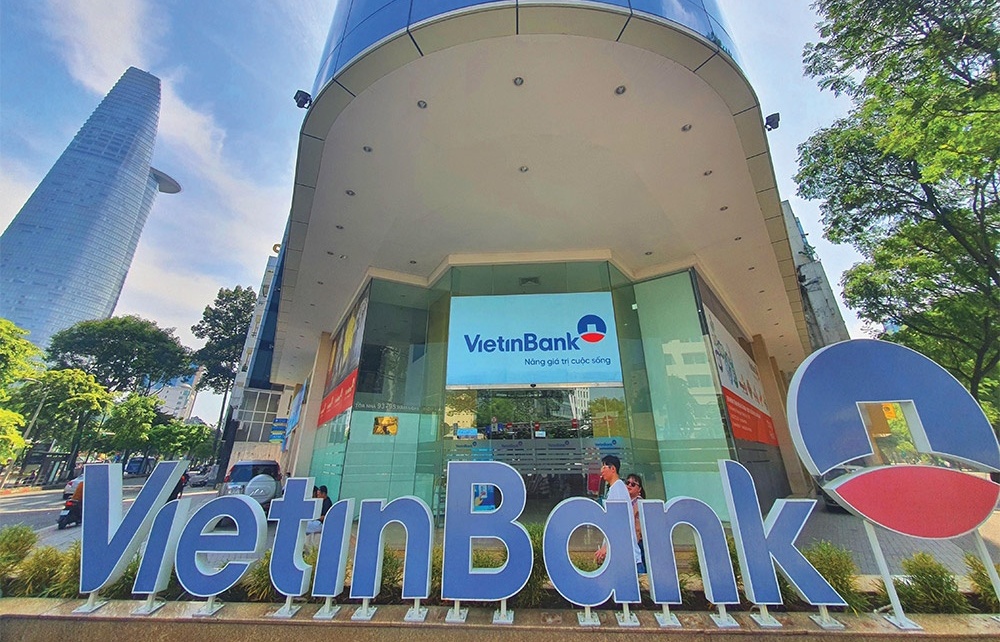
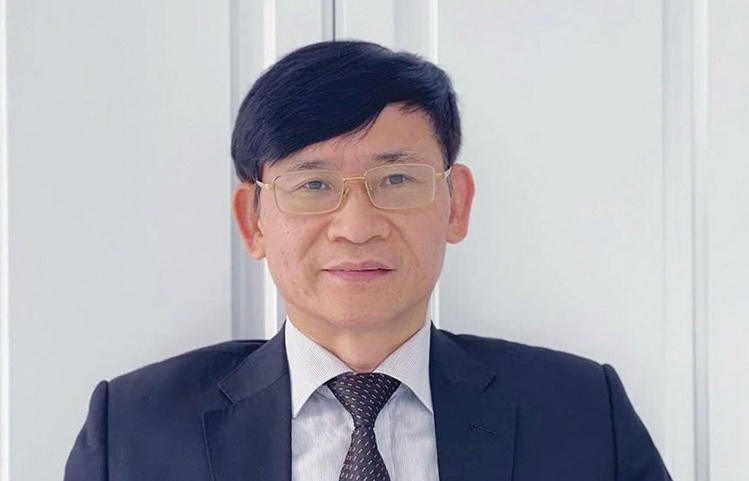





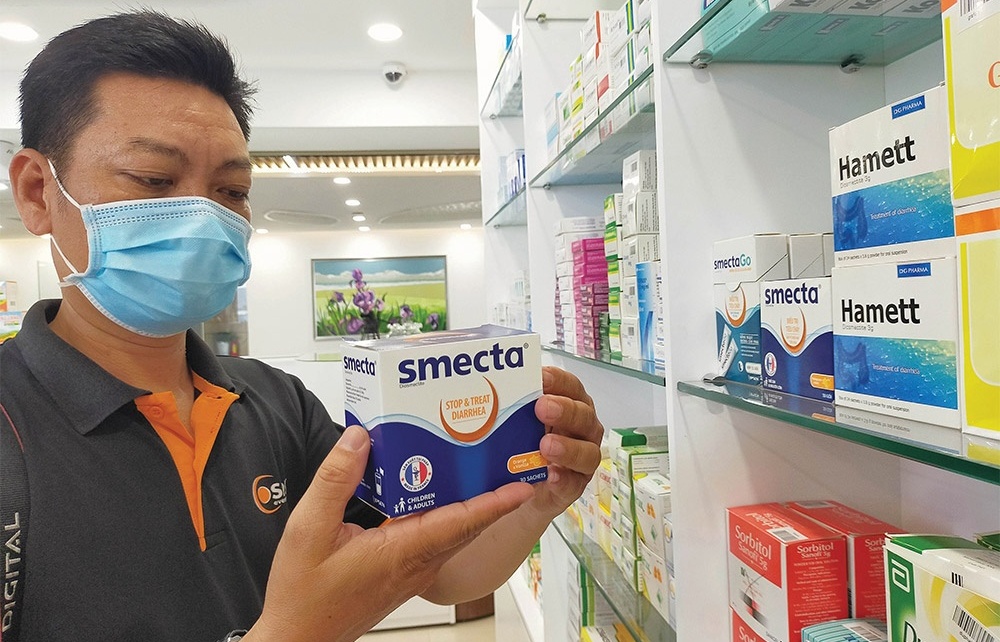




 Mobile Version
Mobile Version